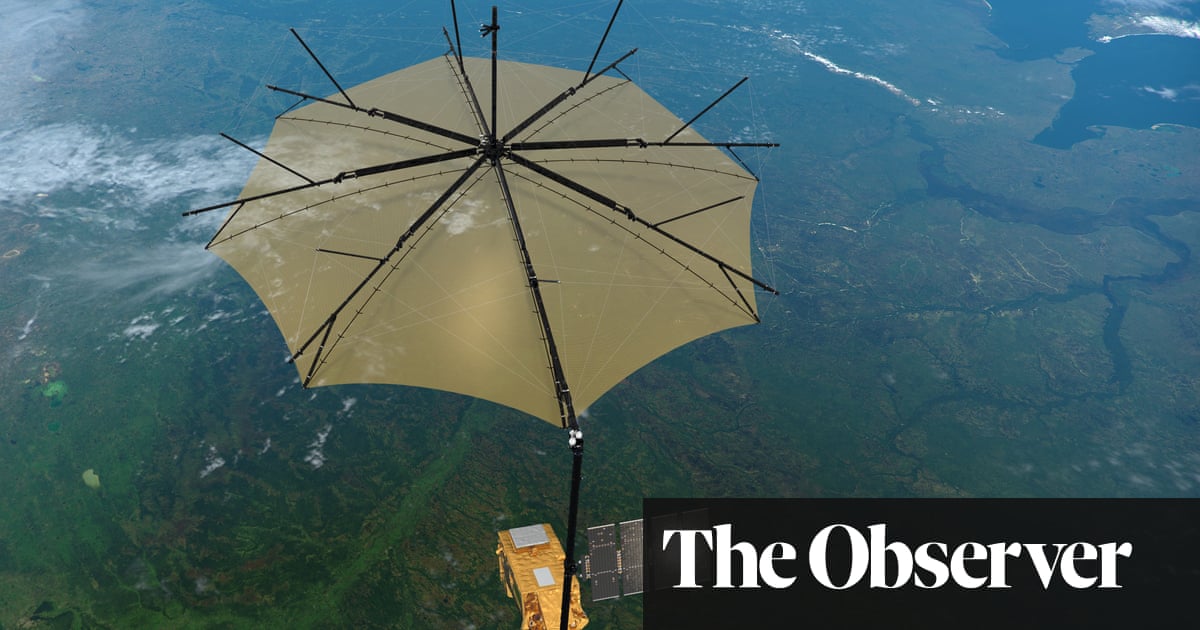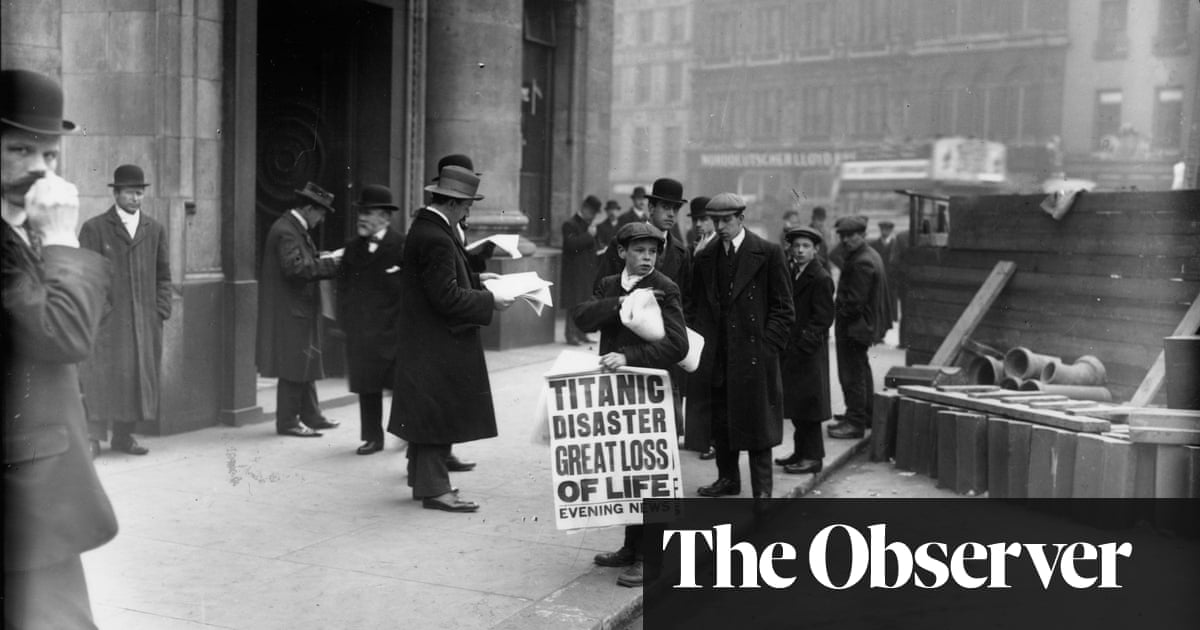Which was most horrific? The agonising week-long wait – silence after our colleagues went missing, as we suspected the worst but hoped for something different? Or the confirmation, seven days later, that bodies had been found? Or, since, the ghastly details of how they were found, and killed?
Their ambulances were crushed and partly buried. Nearby were their bodies – also buried, en masse, in the sand. Our dead colleagues were still wearing their Red Crescent vests. In life, those uniforms signalled their status as humanitarian workers; they should have protected them. Instead, in death, those red vests became their shrouds.
Ambulance officers Mostafa Khufaga, Saleh Muamer and Ezzedine Shaath, and first responder volunteers Mohammad Bahloul, Mohammed Al-Heila, Ashraf Abu Labda, Raed Al-Sharif and Rifatt Radwan were good people. Alongside fellow Palestine Red Crescent Society ambulance officer Asaad Al-Nasasra – who is still missing – and medical and humanitarian workers from other organisations, they were in emergency vehicles, rushing in to do what they do.
Post-ceasefire Gaza is dangerous, of course. But these men were not cavalier. They believed their Red Crescent-marked vehicles would make it clear who was inside and their purpose. They believed international humanitarian law meant something; that healthcare workers would be protected. They assumed that meant they would not be a target. But they were wrong. Tragically, horrifically wrong.
So I’m writing with a plea. Make that assumption right again. Those deaths in Gaza – while especially awful – were part of a growing trend. More and more humanitarian aid workers are being killed around the world. The trend must be reversed.
As the secretary general of a worldwide humanitarian federation, a network of 191 Red Cross and Red Crescent societies with more than 16 million staff and volunteers, I’m well used to trauma. Helping people prepare for crisis and then dealing with it when it hits is what our people do. Right now, thousands of colleagues from the Myanmar Red Cross are helping people with their immediate post-earthquake needs. In Russia and Ukraine our members are helping people affected on both sides of the conflict.
Our teams can help people deal with trauma. But they should not be subjected to it because of what they do. International humanitarian law requires that. Health and humanitarian aid workers must be protected. They wear emblems for a reason. Yet according to the Aid Worker Security Database, they are being killed in growing numbers. In 2023, that number was 280. Our network lost 18 that year on duty – including six from our national society in Israel, Magen David Adom, on that awful day in October. Last year, a record 382 humanitarians are known to have been killed. Of those, 32 were members of our Red Cross or Red Crescent societies, including 18 from the Palestine Red Crescent Society. A further eight were killed while working in Sudan. This year is looking even worse.
We cannot allow these deaths – any of these attacks – to become normalised. We must reject any narrative that they are inevitable, or part of the risk of the job. I’m grateful for the political, media and online outrage over the deaths of our workers last month. I share it. But we must all go further.
First, we must see the same when any humanitarian is killed, wherever and whenever. Too often when a worker is local to the community they serve, there is far less attention than when an “international” worker dies.
Second, we must demand that governments change their behaviour and that of those who answer to them. Whatever the circumstances, states have a legal responsibility to protect all civilians, including humanitarian workers. There must be tangible consequences for those who commit the atrocity of killing – through malice or recklessness – humanitarians trying to help.
Third, other governments have a duty to put diplomatic and political pressure on their peers.
This week, leaders of the Palestine Red Crescent Society have travelled from the West Bank to New York to brief the UN security council and demand more protection for humanitarian workers. In Geneva, I have made “protect humanity” central to my engagement with governments, publicly and privately.
But at the International Federation of Red Cross and Red Crescent Societies (IFRC) we tread a fine line. Neutrality and impartiality are at our core – constitutional, fundamental principles of our organisation. Straying from them could impede our work. Our job is to manage consequences, not point fingers at causes. Even in circumstances as horrific as those of last month, or 18 months ago in Israel, neither I nor my organisation assign blame towards people, groups, institutions or governments. You’ll notice I don’t in this article, even as others on this website and elsewhere do exactly that.
Why? Because we believe in sticking to our principles just as we demand others stick to laws, especially international humanitarian law. We hope our commitments to neutrality and impartiality mean our voice carries even more weight when we demand justice.
And demand justice we do. In Gaza, independent investigators must be allowed access and given full details of what happened two Sundays ago, however uncomfortable for those who have them. There must be respect for those who died through consequences for those who killed them. Impunity in any place breeds impunity in every place. That can never stand.
Last week the IFRC’s president and I sent letters of condolence to the families of three of our network’s members in the Democratic Republic of the Congo and in Syria. We mourned their loss and, through an EU-supported Red Family Fund that we wish we didn’t need, offered token financial contributions. Similar letters will be sent soon to grieving families in Gaza.
But letters of condolence, of course, are far too little, far too late. What will make a difference is if the tide of disrespect for international humanitarian law is turned.
I am outraged. But I’m also tired of being outraged. Humanitarian aid workers must be protected. For the sake, quite simply, of humanity.
-
Jagan Chapagain is secretary general of the IFRC (International Federation of Red Cross and Red Crescent Societies)

 11 hours ago
5
11 hours ago
5













































